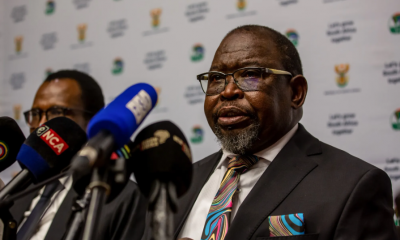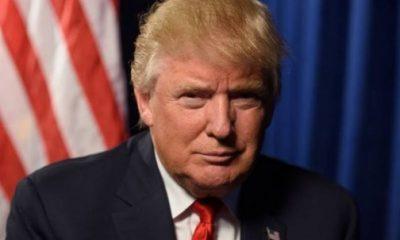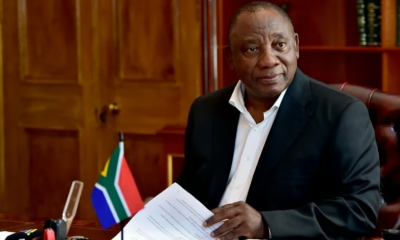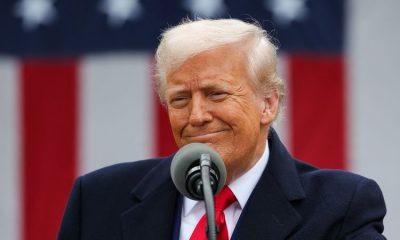411
Trade War Fallout: South Africa Faces Higher Costs Amid Trump’s Tariff Spree
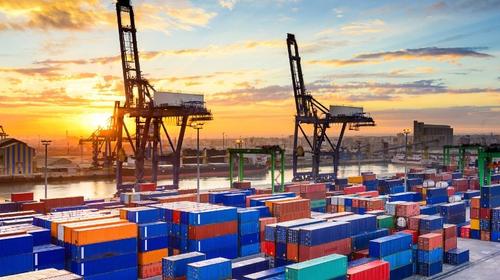
South Africa could end up paying a steep price for its international borrowing strategy after a global risk sell-off triggered by President Donald Trump’s sweeping tariff measures rattled emerging markets.
Trump’s latest round of reciprocal tariffs on major trading partners has sparked fears of a global trade war, sending investors running from riskier assets — and South African bonds have taken a direct hit.
Sovereign Spread at a Two-Year High
Since Trump’s announcement, South Africa’s sovereign spread — the extra yield investors demand to hold the country’s dollar bonds over U.S. Treasuries — has surged to its highest point in nearly two years.
This widening mirrors global credit spreads, which have jumped over 100 basis points from historically low levels.
“At these spreads it would be difficult to bring new issuance to the market,” said Rashaad Tayob, portfolio manager at Foord Asset Management. “If the market remains stressed, that will have to be raised locally.”
Treasury Plans Under Pressure
In its 12 March 2025 Budget Review, the National Treasury said it plans to raise $14.6 billion over three years through foreign loans to meet exchange rate commitments and external obligations.
But with global markets increasingly jittery, this borrowing strategy faces new challenges. Treasury remains cautiously optimistic.
“We remain confident in our ability to execute our borrowing requirements efficiently,” the department said. “However, we are monitoring market conditions closely and hope for a return to stability.”
Political Tensions at Home Not Helping
Further compounding investor unease is political infighting within South Africa’s ruling coalition. Ongoing budget disagreements between the ANC and DA have added another layer of uncertainty.
With investors adopting a “risk-off” approach, the premium on South African bonds has grown — even as some market participants sense value.
“I suspect asset managers are starting to dip their toes in, though the water’s still scalding,” said Kristof Kruger from Prescient Securities. “These bonds are cheap for a reason.”
Looking Ahead: Raise Debt or Rethink Strategy?
The fallout from Trump’s tariff war, combined with fragile coalition politics and long-standing fiscal challenges, leaves South Africa in a tight spot.
With international funding growing more expensive by the day, the government may be forced to raise more funds locally — a move that could have domestic ripple effects on interest rates and liquidity.
As global markets remain in flux, the coming weeks will be critical in determining whether South Africa can maintain its external funding plans or pivot to new strategies.
{Source BusinessTech}
Follow Joburg ETC on Facebook, Twitter , TikTok and Instagram
For more News in Johannesburg, visit joburgetc.com



